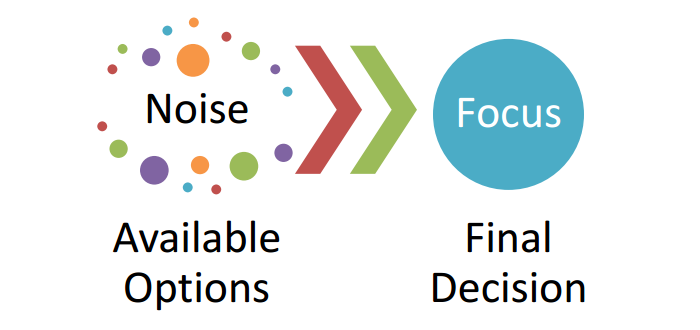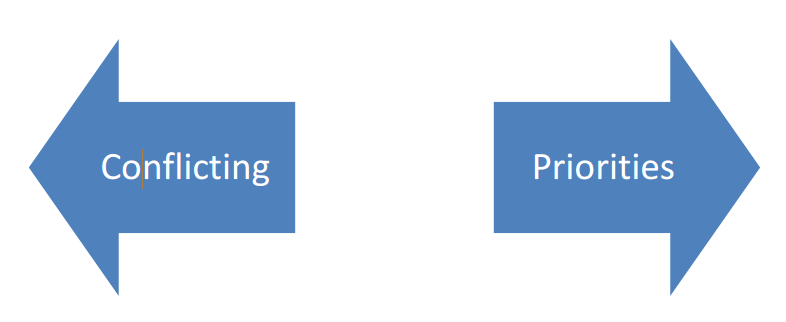Emotional Decisions: Business’ Achilles Heel
I bought a used truck last week. Since I am no longer actively farming, I decided that my beautiful ¾ ton
diesel was more truck than I needed. It took me 2 years of searching to find that truck, so some people
are astounded that I would be selling it. It was still a terrific truck, and had nothing wrong with it.
During my search for another truck, I learned bits of info here & there about the good, bad, and
otherwise regarding the models I was interested in. It’s always a challenge to sort through the noise of
those who are die-hard loyalists who cannot see anything adverse about their brand and of those who
are inherently negative and cannot find anything good to say. How does a person decide?
I wanted the replacement truck to be in the 2011-2013 range. I faced the same challenge we all face
when considering a major purchase: can I find what I want within my price range, do I accept less than
what I want to stay within my price range, or do I pay more than I planned to get what I want? In the
modern age of “instant gratification,” our society typically pays more than planned.

While some options on my list were important, others weren’t. When considering the Ford F150, I was
firmly on the fence over engine options: 5.0L or EcoBoost? As mentioned earlier, there is a lot of noise
about these engine options. I found a consistent message between 2 salesmen and felt that was the
most honest feedback I have come across. When describing what I need out of this truck, and why I was
on the fence, one salesman replied, “Well you’re just taking the emotion right out of this decision, aren’t
you?”
Yes. Yes I am.
The fundamentals of what makes a good decision are often clouded by emotion. We get so caught up in
the “want” that we blow right past the “need.” And since we as a society will typically pay more than
planned to get what we want, it creates a perfect storm. This storm has eroded balance sheet equity for
many, and left others upside-down on vehicle & equipment loans, but always negatively impacts cash
flow.
Direct Questions
How often have you let emotion take over your decision making process?
Do you avoid making a business case for each decision because it will prove the emotional argument to
be the wrong one?
What impact are you feeling from past emotional decisions?
From the Home Quarter
Removing emotion from business decisions is a key benefit that my clients enjoy. It allows my clients to
experience greater confidence in their decisions by having me filter through their emotions. I am not on
your farm each day, so the emotion of why you’re making the decision is not felt by me, thus allowing
me to see through it and keep you on track.
The truck I sold was rare because of its features and options. It had incredibly low kilometers for its age,
and needed nothing (I’d been through it front to back over the last 2 years.) What I felt for this vehicle
was almost on the verge of love (although I have never “loved” or “named” any of my vehicles, ever.)
And while it held a special place with me, it’s a truck, a tool, an inanimate object and completely
replaceable. I sold it when I did because I knew I could get maximum value for it now. A year from now
would be significantly less. It was advertised on Friday afternoon, it was sold by Saturday, and picked up
Monday. I found the truck I wanted the Thursday before, and picked it up a week later. I took the
emotion out of the equation.
Allowing emotion to influence your decision making is like putting on blinders: all that can be seen is
what you “think” you need and no other options appear available. Let’s take the blinders off, remove
emotion from the equation, and see if we can make a business case that offers an appropriate ROI.
If you’d like help removing emotion from the decisions you make for business and personal success,
then call me or send an email.






